When your baby has a tongue-tie, what’s the right approach? Feel good about your decision by getting all the information first.
Does this sound familiar?
You’ve been experiencing pain—a lot of pain—when nursing. You’ve had clogged ducts on and off since your baby was born and even a round of mastitis. You’ve been reading online, and you think your baby might have a tongue-tie based on pictures you’ve seen.
Or maybe you’ve already talked to a lactation consultant. They’ve looked at your baby’s latch, their mouth, and said while they can’t officially diagnose anything, your baby probably has a tongue-tie.
You may have even already talked to a pediatric dentist, the professional who can officially diagnose a tongue-tie. They’ve confirmed that a tongue-tie is present and laid out several courses of action for you.
But what do you do with that information? We’re here to help you make sense of it.
A tongue-tie is when the bit of tissue connecting the tongue—the frenulum—is too tight or thick. This malformation makes it difficult for your baby to exercise a full range of movement with their tongue.
A tongue-tie potentially affects one of the most critical parts of breastfeeding: latching. Often parents are told that their baby has a “mild” tongue-tie; however, “mild” or “severe” isn’t a good clinical indicator of whether or not a baby can successfully nurse. More useful information is whether or not the restriction affects the functionality of the tongue.
Because a tongue-tie condition can restrict tongue movement, babies can struggle to latch properly. When latching is difficult, they may overcompensate by sucking harder. This is painful for the breastfeeding parent, resulting in nipple injury and frustrating for babies as poor latches can lead to inadequate milk transfer. One particular sign indicating that the baby isn’t nursing well is “friction blisters,” which occur when a baby uses its lips to stabilize.
Bad latching can have a cumulatively damaging effect on nursing. Breastfeeding parents can suffer from clogged ducts, mastitis, low supply, ongoing nipple injury, pain, and emotional stress. Babies, too, are impacted. They may not be getting enough milk, and they may become fussy or irritable and refuse to nurse.
All in all, it can upset your breastfeeding journey if left untreated.
That’s a great question! There’s little clinical evidence that lip-tie revisions benefit babies because of the different role of the upper lip during nursing—its function is to form a seal and rest in a neutral or flanged position against the breast. The presence of a tie doesn’t impact its job in most cases.
Want to learn more about lip-tie, including whether your baby has one?
Lots of parents are hesitant to sign their baby up for a surgical procedure. Understandable! That’s why looking at all options is important.
If you think that your baby may have a tongue-tie condition, the first thing to do is talk to a lactation consultant. While they can’t officially diagnose a tongue-tie, they can do two important things for you:
If your lactation consultant does identify a tongue-tie, they can help you figure out the best techniques to make nursing more comfortable and effective. How can you improve your baby’s latch? Which positions are most effective for latching and milk transfer?
If soreness, pain, or nipple injury is ongoing, a lactation consultant can help you learn how to use nipple shields, which, when used properly, can temporarily protect your nipples while also assisting your baby’s latch. (But if used improperly, they can cause more issues.)
If your nipples are too sore to continue, though, you can give them a chance to heal by switching to exclusively pumping for a time. Exclusive pumping is a great way to give your baby your breast milk, keep your milk supply strong, and let your nipples heal.
For some parents, working with a lactation consultant provides enough help. As long as a breastfeeding parent can nurse comfortably and the baby is getting enough milk and growing, a tongue-tie might not need to be fixed. (That being said, it’s essential to consider the long-term problems associated with an untreated tongue-tie.)
If your baby is under the care of a pediatric dentist, they may recommend a tongue-tie revision surgery. This revision, also known as a frenotomy, may be recommended if your baby continues to have difficulty latching and you’re experiencing pain while breastfeeding.
There are different ways a frenotomy can be performed. Some doctors will use sterile scissors or a scalpel to release the frenulum, allowing your baby’s tongue to move freely. Other doctors use a laser to perform the procedure, which limits bleeding and promotes healing.
What to expect after a frenotomy?
Your baby can nurse immediately after surgery—in fact, it’s recommended. Nursing can help with pain management and healing, and many parents find that breastfeeding goes very smoothly in the first couple of days after a frenotomy. That being said, some babies may need extra time to relearn how to use their tongue. Don’t be surprised if they occasionally get frustrated!
Along with frequent nursing, parents should perform the prescribed stretches and exercises on their baby. They are a vital part of ensuring that your baby’s tongue-tie heals correctly (e.g., doesn’t revert to its previously tied state).
If your baby has a frenotomy, it’s helpful to work with a lactation consultant after the process. They can evaluate latching and milk transfer, adjust positioning for your baby, and provide support through the healing process.
The success of a tongue-tie revision depends on a lot of different factors. The skill and experience of the doctor, whether the procedure is done via laser or clipping, and the parents’ commitment to performing the prescribed stretches and teaching their baby how to latch and feed correctly.
Another important factor is age. Tongue-tie revisions tend to be more successful when done on younger babies—they have fewer bad nursing habits to unlearn.
That being said, there are always solutions, and IBCLCs have worked with families with a range of tongue-tie concerns and helped them meet their breastfeeding goals!
If you’re worried that your baby might have a tongue-tie, there’s help available to you. book a convenient online video appointment with a Nest Collaborative IBCLC.
